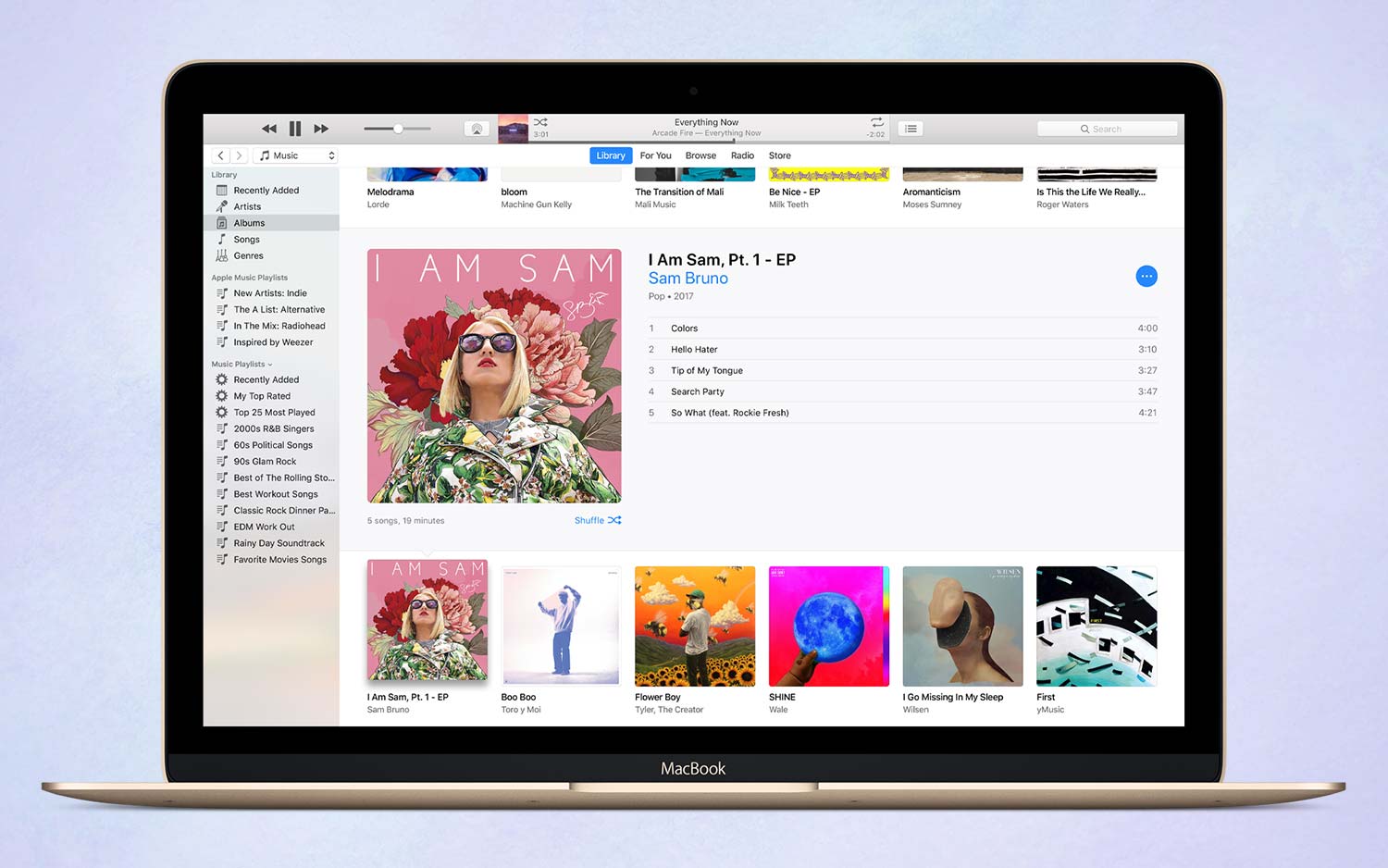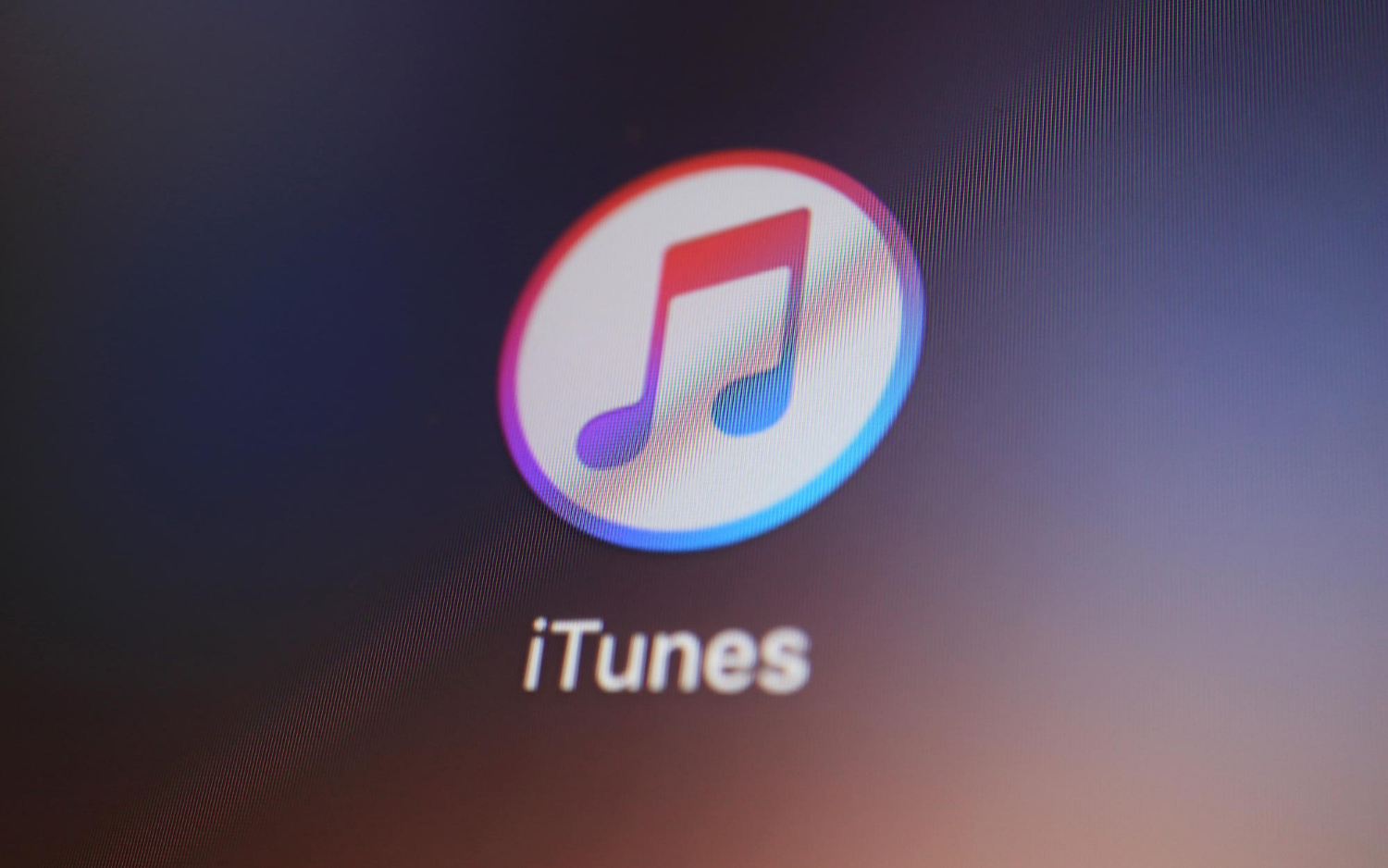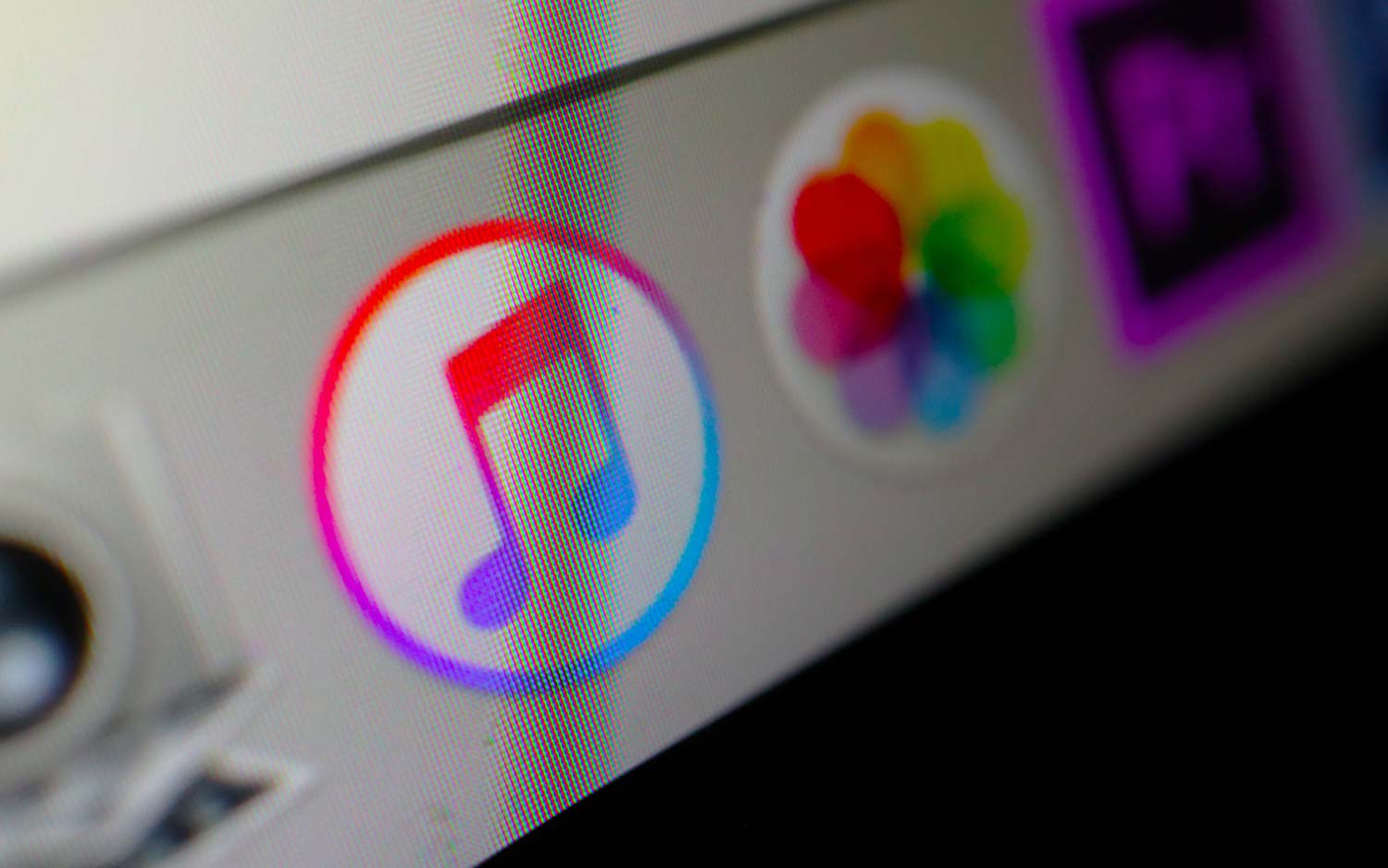The End of iTunes: What It Means for You
With rumors pointing to an end in sight for Apple’s iTunes, here’s how the move could lead to better things on the Mac and iPad.
Here at Tom’s Guide our expert editors are committed to bringing you the best news, reviews and guides to help you stay informed and ahead of the curve!
You are now subscribed
Your newsletter sign-up was successful
Want to add more newsletters?

Daily (Mon-Sun)
Tom's Guide Daily
Sign up to get the latest updates on all of your favorite content! From cutting-edge tech news and the hottest streaming buzz to unbeatable deals on the best products and in-depth reviews, we’ve got you covered.

Weekly on Thursday
Tom's AI Guide
Be AI savvy with your weekly newsletter summing up all the biggest AI news you need to know. Plus, analysis from our AI editor and tips on how to use the latest AI tools!

Weekly on Friday
Tom's iGuide
Unlock the vast world of Apple news straight to your inbox. With coverage on everything from exciting product launches to essential software updates, this is your go-to source for the latest updates on all the best Apple content.

Weekly on Monday
Tom's Streaming Guide
Our weekly newsletter is expertly crafted to immerse you in the world of streaming. Stay updated on the latest releases and our top recommendations across your favorite streaming platforms.
Join the club
Get full access to premium articles, exclusive features and a growing list of member rewards.
Well, iTunes, it was a good run. According to reports from knowledgeable developers, this fall marks the end of the viable life of an 18-year-old app that started as an MP3 jukebox and ended up as an all-purpose media player, e-commerce engine, and mobile-device synchronizer.

It may be hard to believe it now, but iTunes began as a pretty great music player. iTunes was so good, and so successful, in fact, that Apple turned it into the repository for pretty much every media and device strategy that followed, making iTunes into a hodgepodge of features that was simultaneously unbearable (for users) and unkillable (for Apple).
The end may be nigh, but while iTunes may soon leave active service, it's not going anywhere for quite a while.
Improving the iOS media apps
Though iTunes has continued to be the center of Apple's media universe on the Mac, the decisions Apple has made about iOS over the years show that the company has completely rethought its approach. Rather than replicating the iTunes-as-single-container strategy, Apple spun out smaller, focused iOS apps that did single jobs. Podcasts for podcasts, Music as a front end to music playback (and now Apple Music), and the TV app (formerly Videos) for movie and TV playback.
If you're expecting the new Mac apps to just be mirrors of their iOS counterparts, you might be pleasantly surprised.
Now, with the help of Marzipan – the technology Apple started rolling out in macOS Mojave that lets iOS apps run on macOS – Apple should be able to bring those iOS apps over to the Mac, replacing the most prominent functionality of iTunes.
If you're expecting the new Mac apps to just be mirrors of their iOS counterparts, you might be pleasantly surprised. Apple has the opportunity to work on the iOS apps to make them a little more functional — and have that work come across to macOS at the same time. The iOS apps lack a lot of the functionality of iTunes, and while replicating every iTunes feature is not in the cards (probably ever), it's hard to believe that Apple won't attempt to upgrade the apps as it brings them across to the Mac.
Get instant access to breaking news, the hottest reviews, great deals and helpful tips.
MORE: Apple Is Overhauling iTunes in Favor of Separate Apps (Report)
If Apple adds some more features to its iOS media apps, iPad users also stand to benefit. Take the Music app, which still feels very much like it's designed for the iPhone and was then brought to the iPad as an afterthought. I have to think that with iOS 13, Apple will give the Music interface a little large-screen love that will make it look better on big iPad Pro screens, as well as on the windows of Macs.
It would also be helpful if Apple lets Music add audio files to the library, a feature that iTunes has had since Day 1 and that has never been available on iOS. If you've ever bought an indie album via Bandcamp on an iPad, only to receive a Zip archive in return, you've run into this roadblock. While the Music app will always primarily be an interface for Apple Music, letting users import audio files is a necessary addition. (The same should be said for adding video files to the TV app.)
Breaking up is hard to do
Optimism about some new features aside, it's almost certain that these apps will lack all sorts of features that have accumulated inside iTunes over the years. Users who rely on those features will be unhappy.

For instance, Apple has redefined iOS devices as almost entirely independent, cloud-based creatures, making it unlikely that the device-syncing features of iTunes will be replicated in a separate utility on the Mac. A lot of these features could be mitigated by expanding the capabilities of AirDrop and maybe even adding iOS file transfer capability to the Finder, but it won't be the same.
This is why Apple won't cut users off cold turkey from iTunes. Throughout its history, Apple has chosen to keep an old piece of software around for compatibility reasons, after it's been officially deprecated. That's why I expect iTunes to be available, either as a separate download, or maybe even hidden in the Utilities folder, for a few years to come. That way, users who absolutely need a feature that Apple isn't bothering to provide in the new apps will still be covered.
It's almost certain that these apps will lack all sorts of features that have accumulated inside of iTunes over the years.
I don't know how long this transitional period might last, and given that the Mac may soon be making a transition to ARM processors, it's possible that it won't be too long. To put this in perspective, Apple announced the QuickTime X app 10 years ago, replacing QuickTime Player 7 in a similar feature-reduction switcheroo — and QuickTime Player 7 won't stop working until the next version of macOS comes out this fall. iTunes probably won't last 10 years, but it might last just long enough for people to stop needing its features.
The big unknown is what happens to iTunes for Windows, since an awful lot of iOS users have Windows PCs. I really don't know what Apple's plan is here. While the tech giant could write some new Windows software — some sort of sync tool that's a subset of iTunes's media features — I have a hard time imagining that Apple would write a Windows-specific app at the same time that the company releases tools that eliminate the need to write Mac-specific apps.
I think the most likely scenario is that Apple will build a web app capable of playing back music and video to cover its media bases not just on Windows but on platforms like Android and ChromeOS, not to mention Macs that are running older versions of macOS. All of Apple's competitors in the media streaming landscape have web front ends. Why not Apple?
It's worth the transition
This fall, a lot of Mac users are going to grouse about having substandard iOS apps foisted upon them. As annoying and bloated as iTunes has become, it's also familiar and functional — and it's human nature to dislike change. iTunes will never be more beloved than the day that its replacement arrives.

But in the long run, this move is good for Mac users. Apple has shown over the last few years that it's either not interested in or doesn't have the resources to invest a lot of effort in Mac-only development. The arrival of Marzipan means that Apple's programmers can upgrade an app once and have it reach every user on Apple's platforms, from iPhone to iPad to Mac. Apps will get updated more often, and their features will stay in sync. Apple also won't have to devote any more time to maintaining old Mac apps. In the long run, these apps should be better and more consistent.
iTunes will never be more beloved than the day that its replacement arrives.
Functionally, Apple's one-app-per-task approach is also a smart one. When we call iTunes bloated, we really mean that it's been forced to do too many different jobs. Having a Podcasts app for podcasts, a Music app for music, and a TV app for TV just makes more sense. Those are different tasks that can be done better by apps built for each purpose.
It may be a bumpy ride for a while, but killing iTunes is the right thing to do. For the last decade, the Mac has been starved for resources as iOS has gotten the lion's share of Apple's attention. With Marzipan, the Mac gets to benefit from iOS's success. And if you're an iPad user, I suspect you'll benefit from richer apps that are designed with larger screens in mind, too.
Credit: Shutterstock
Jason Snell was lead editor of Macworld for more than a decade and still contributes a weekly column there. He's currently running the Six Colors blog, which covers all of Apple's doings, and he's the creative force behind The Incomparable, a weekly pop culture podcast and network of related shows.
 Club Benefits
Club Benefits










